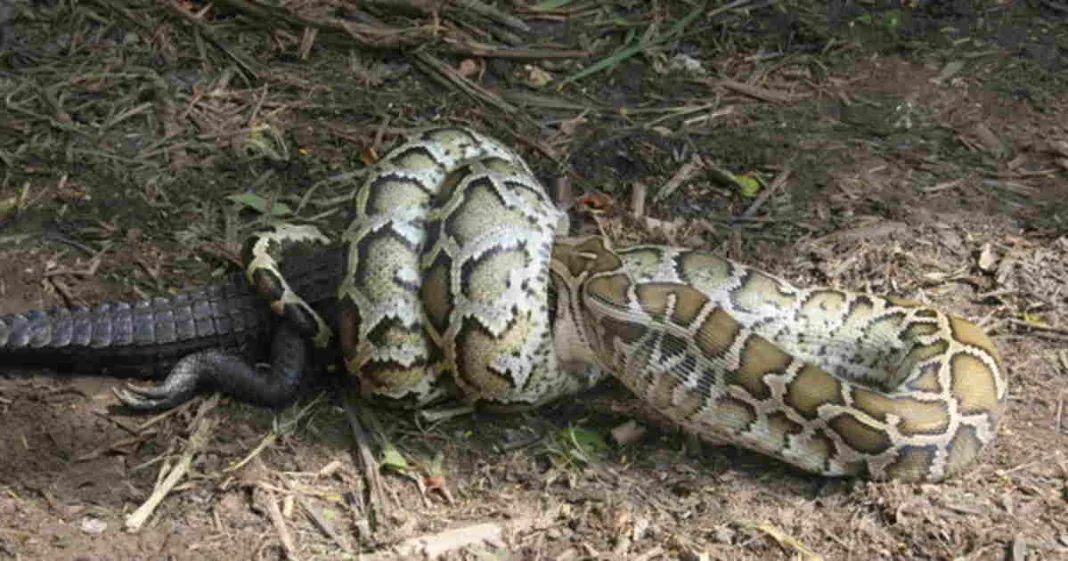In an unexpected twist of nature, researchers at the University of Colorado Boulder have discovered that pythons, known for their ability to consume prey larger than themselves, may hold the key to developing new treatments for human heart conditions such as cardiac fibrosis. This groundbreaking study reveals how these giant reptiles’ hearts undergo significant and beneficial changes after a meal, offering promising insights for human health.
Remarkable Transformation in Python Hearts
Pythons are renowned for their extraordinary eating habits. In the wild, they can go months, or even a year, without food, only to consume prey that is sometimes larger than their own body mass when the opportunity arises. During this process, a python’s heart undergoes a series of remarkable transformations.
Read More: US Woman found dead with python around neck
Within the first 24 hours after devouring a large meal, the python’s heart grows by an astonishing 25%. The cardiac tissue softens dramatically, and the organ’s pulse rate more than doubles. This rapid growth is accompanied by the activation of a vast array of specialized genes, which help to boost the snake’s metabolism by as much as forty times. Two weeks after the meal has been digested, the python’s body returns to normal, but the heart remains slightly larger and stronger than before.
Insights into Human Heart Conditions
The study, published in the Proceedings of the National Academy of Sciences (PNAS), suggests that these extraordinary changes in the python’s heart could inspire new treatments for human heart conditions. Cardiac fibrosis, a common and often debilitating heart ailment characterized by the stiffening of heart tissue, is one such condition that could benefit from these insights.
“Pythons possess mechanisms that protect their hearts from things that would be harmful to humans,” said senior author Leslie Leinwand, professor of molecular, cellular, and developmental biology at CU Boulder. “This study goes a long way toward mapping out what those are.”
Potential for Revolutionary Treatments
Leinwand’s research team has been investigating the physiological changes in pythons for nearly two decades. Their work has revealed that pythons are not only able to avoid the harmful effects of consuming such large meals but that their hearts actually become stronger in the process. This discovery could lead to the development of therapies that mimic the python’s ability to protect and strengthen heart tissue.
The team’s research shows that as the python’s heart grows, the specialized bundles of cardiac muscle known as myofibrils soften and contract with roughly 50% greater force. This transformation is driven by profound epigenetic changes, which are differences in gene expression that occur in response to environmental factors, such as the intake of a massive meal. Understanding these changes could provide a blueprint for developing new treatments for heart disease in humans.
New Frontier in Medical Research
The implications of this research extend beyond just the heart. Stiff or fibrotic tissue drives disease in other organs, including the lungs and liver. The mechanisms that allow pythons to remodel their hearts so dramatically could also inspire treatments for other conditions that involve tissue stiffening.
Read More: Rabi Pirzada acquitted in a case of keeping dangerous pets
“Most people who use animal models to study disease and health typically focus on rats and mice, but there is a lot to learn from animals like pythons that have evolved ways to survive in extreme environments,” Leinwand noted. Her lab’s work is one of the few in the world dedicated to studying non-venomous reptiles for their potential benefits to human health.














